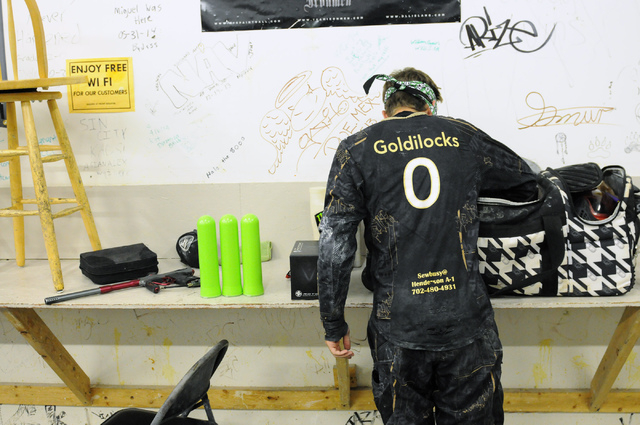
The other end of it can refer to a night of excessive alcohol consumption at pubs, bars or nightclubs, bordering on outright debauchery. It could mean a lively night of visiting events, museums, galleries, and similar establishments.

The exact usage can vary depending on the context. The term essentially alludes to a night of fun, chaotic and intoxicating activities. The phrase has since then seeped into common usage in US slang. What Does Paint the Town Red Mean? What Does the Phrase Mean? There are enough evidence and accounts to prove the incident with the Marquis actually happened, but the origin of the phrase remains a mystery. The town of Melton Mowbray claims this incident birthed the phrase, but there is no solid evidence of this so-called fact. He was even suspected of being Spring-Heeled Jack, a mythical demon-figure that terrorized Great Britain in the Victorian era. Henry Beresford or ‘Mad Marquis’ as some people called him, went to on to build a more sinister reputation. The rowdy gang got away with their crime spree with just a hefty fine, but it is said that since that day, the phrase “paint the town red” came into existence. The post office and the Leicestershire banking company weren’t safe from the mayhem either. The gang of friends even assaulted solitary policemen who tried to intervene and painted them red too. They left a red trail of vandalism across the town – Complete with broken pots, damaged signs, and trashed monuments. They proceeded into the town, painting random doors red. They gave the guard and his companion a fresh coat of red paint, nailed the door of their toll house shut and painted that red too. They didn’t stop there, however, and got creative with their hooliganism. Taking the toll keeper’s demand as an insult, the Marquis of Waterford and his goons proceeded to trash up the poor guard. The gates were in a state of repair, and equipment such as ladders, paintbrushes, and pots of paint was strewn around.

They were loud and raucous, and the toll keeper demanded an entry fare. The guards could clearly see that the hooligan riders had freshly finished up a night of debauchery and drinking. Unbeknownst to anyone involved at the time, the events that followed would create history. At the head of the fox-hunting party was Henry Beresford, the third Marquees of Waterford.

This was when a group of huntsmen riding on horses approached the gate. The year was 1837, and the Leicestershire folk were hours away from beginning a fresh new day. The men who guarded the Thorpe End tollgate of the quaint British town of Melton Mowbray were getting ready to wrap up their shifts. Dawn was near, but the sky was still dark.


 0 kommentar(er)
0 kommentar(er)
